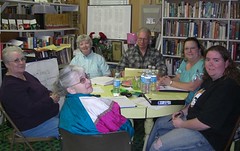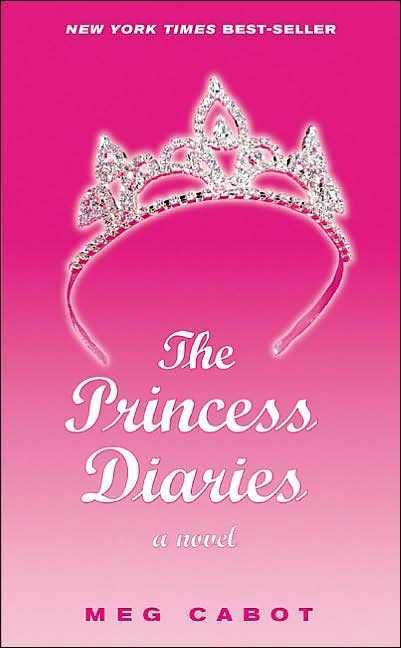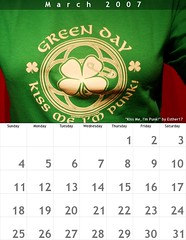
I spent six hours yesterday talking to my computer, and no, there weren’t any humans on the other end of the conversation. It was just me, myself, and the silver box of wires and chips otherwise known as my laptop. For hours. You see, I was trying something new that had been suggested to me by an eager freshman majoring in
Creative Writing. She swore it would change the way I thought about writing, and in a way she was right. When she suggested that I try out
voice recognition dictation software she, no doubt, thought I would love it as much as she does. Sadly, she was mistaken. My experience with dictation software did, in fact, change the way I think about writing, but not in the way she imagined.
Digital dictation software can be purchased almost anywhere, and several
trial offers are also available online for most
brands . After installation, the concept of using it is simple enough. Opening the program accesses a microphone and opens a text editing program similar to Word on your computer screen. After that, it’s as easy as having a conversation with a friend, or so most dictation software marketing departments would have you think.
In reality, however, the technology is just not there yet.
“Years ago I tried dictating short stories and then transcribing them and they just failed,” said
Wendell Mayo , acclaimed short-story author and current professor of fiction writing at
Bowling Green State University.
Most writers who have found this type of software to be less then helpful point to one of two reasons. The first of these involves the extraordinary amount of time they require.
“It seems that [dictation software] might be useful for many fields, but not necessarily the writing of novels. Speed in composition is not the primary value,” said
Lawrence Coates , Associate Chair and Graduate Coordinator for Bowling Green State University’s Department of English.
When authors attempt to utilize this particular type of software, they often become bogged down by technological errors and misunderstandings. The time it takes to rectify these errors can interrupt the creative process of even the most experienced writers, and while the errors can be small and seemingly insignificant, the vast number of times the user is required to stop and fix said errors waste valuable time while interrupting the flow of thoughts.
“I can type as fast as I think, and I like seeing the shape of words on the page,” adds Coates.
This time consuming element is only compounded by the second reason cited most for writer’s avoidance of digital
speech recognition devices, and it involves the common desire, so eloquently described by Coates, to see the shape of words as they appear alongside thought.
It is the desire to see these words appear on the page as they are thought of that makes dictation devices so difficult to use for most writers. For example, with the personal experience I mentioned yesterday; time consuming corrections really set my progress back. The first sentence I dictated to the computer was supposed to be, “As she approached and tapped the obviously forlorn gentlemen on the shoulder, she was startled that he turned to look in her eyes,” but the computer felt compelled to report that, “She a sheet acts that the league and tapped the piously forlorn gentlemen on thrush older, she was startled that he turned tulip in her eyes.” By the time I deciphered all of that, I had completely lost my train of thought.
No matter the reason, whether it is hesitance to avoid dictation due to time constraints or a passion for the familiar, one thing is generally true, and is best summed up by Mayo,
“I have a unique relationship to paper and pen that is just part of my process.”
###








![Reblog this post [with Zemanta]](http://img.zemanta.com/reblog_e.png?x-id=c89e46a2-8f1d-442e-9a93-24b8281e3d35)

![Reblog this post [with Zemanta]](http://img.zemanta.com/reblog_e.png?x-id=95f028f0-c722-4a77-8676-ab3a6de976f0)

![Reblog this post [with Zemanta]](http://img.zemanta.com/reblog_e.png?x-id=711d32eb-678c-48e1-b62e-a773a3eb8e22)

![Reblog this post [with Zemanta]](http://img.zemanta.com/reblog_e.png?x-id=3340d9a0-d18a-4893-90e2-015f2b552804)

![Reblog this post [with Zemanta]](http://img.zemanta.com/reblog_e.png?x-id=731cffa1-c13d-4b0f-ae83-7b3258477a2e)
![Reblog this post [with Zemanta]](http://img.zemanta.com/reblog_e.png?x-id=b9147a19-caad-4399-8d74-ab65dbe86b30)
 Image by DavidErickson via Flickr
Image by DavidErickson via Flickr![Reblog this post [with Zemanta]](http://img.zemanta.com/reblog_e.png?x-id=34b5109d-c83b-49f4-a691-f135d02d8cb6)



 ShareThis
ShareThis